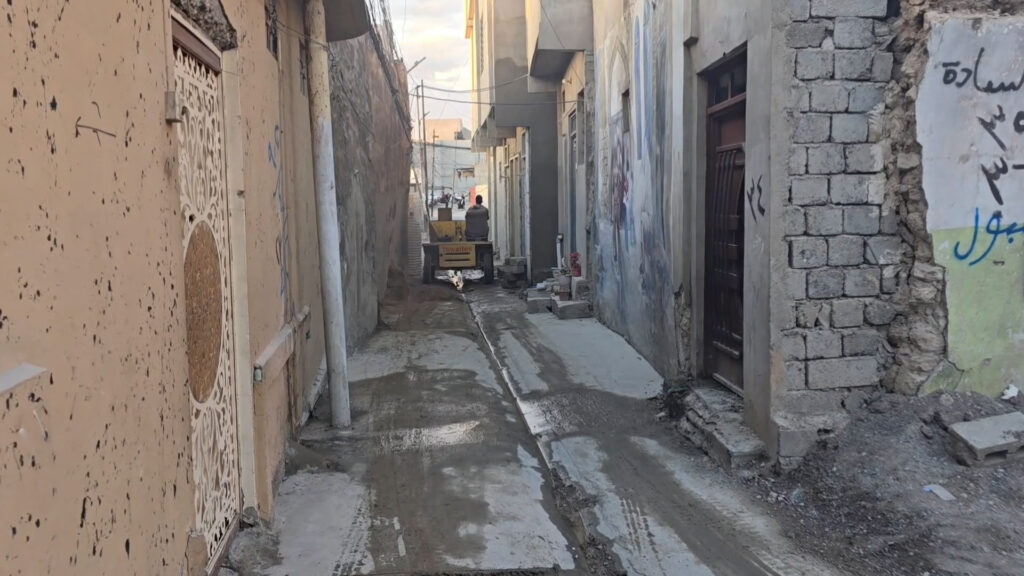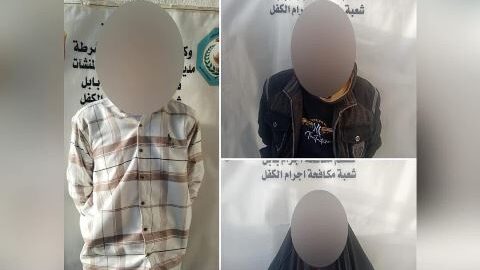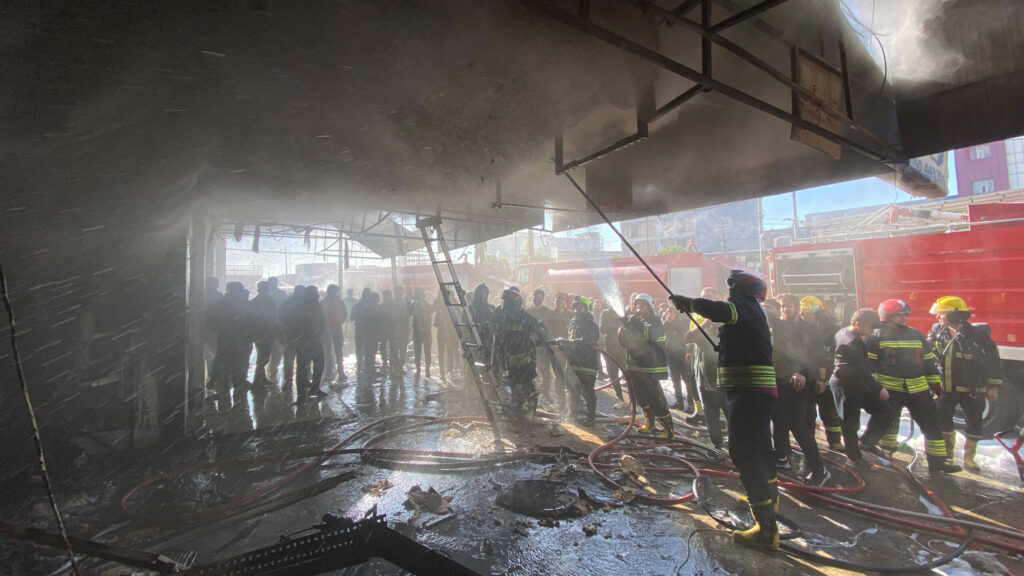Anger in Iraq after Assassination of Anti-Iran Novelist

The assassination of Iraqi novelist Alaa Mashzoub on Saturday sparked a wave of anger in Iraq and speculation that he may have been killed over his criticism of Iran.
Unknown assailants shot and killed the novelist near his Kerbala home amid criticism against the security agencies for failing to protect the people.
Kerbala police issued a terse statement after the murder, pledging to apprehend the perpetrators, but falling short of detailing the crime and its motives.
Media sources told Asharq Al-Awsat that the security forces had received orders to refrain from giving details about the assassination.
The victim’s brother, Qassem, said that Mashzoub was killed for speaking his mind, saying: “Those who speak of the corruption and poor state of affairs in government become victims of their free words.”
Journalist and writers, Nasser al-Yasseri, echoed Qassem’s suspicions, noting that Mashzoub had recently released a novel that tackles the negative aspects of life in Kerbala over the past 50 years.
“His writings probably bothered some of the people he had referred to in his book under false names,” he told Asharq Al-Awsat.
Another possibility is that he may have been killed by pro-Iran militias, he charged.
He backed his claim by referring to Mashzoub’s recent criticism of Iran supreme leader Khomeini.
“He was shot with 13 bullets, which is how many years Khomeini had spent in Iraq in opposition to the Shah’s rule in Iran. Mashzoub had mentioned this figure in his writing,” said Yasseri.
On January 17, Mashzoub wrote on his Facebook page: “I had a vague idea of the alley that Khomeini lived in. This man lived between al-Najaf and Kerbala for some 13 years. He then headed to Kuwait, but was not granted entry. He then decided to head Paris where he remained. He launched his revolution through recordings and later, a war erupted between his country and the one that had previously hosted him.”
In another post, Mashzoub fiercely criticized Iraq’s Dawa party for failing to bring justice to the people who fell victim to the Saddam Hussein regime. Mashzoub’s father was killed by the regime during the 1990s.
A security source in Kerbala did not rule out the possibility that radical religious groups may have assassinated the novelist over his religious and political views.
He told Asharq Al-Awsat that the security forces discovered near his body leaflets that accused him of apostasy.
He said that “very powerful” groups had killed the novelist, saying it was unlikely that the authorities would identify the criminals.




